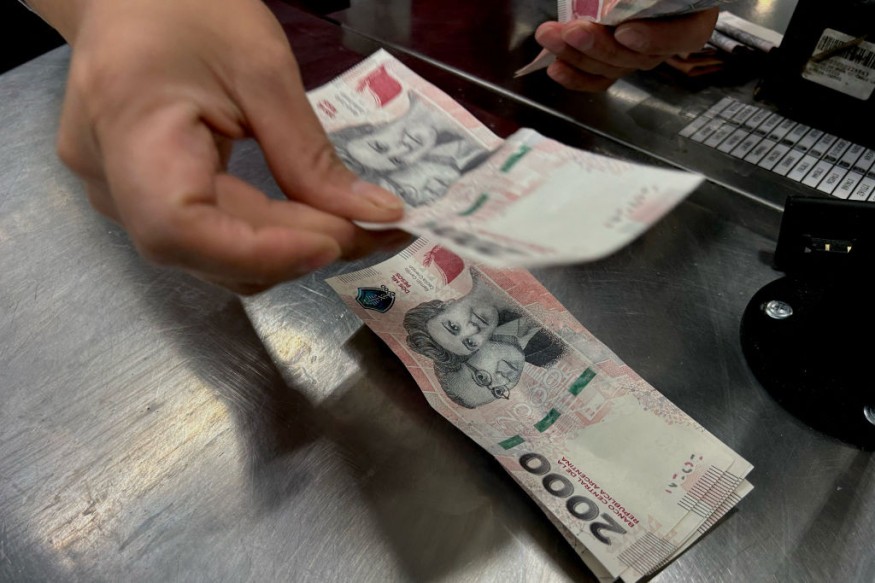Argentina Inflation Drops to 4.2% in May, Lowest in 2 Years

Argentina inflation rate dropped to 4.2% in May, the lowest since early 2022, due to austerity measures by President Javier Milei.
Despite the improvement, annual inflation remains high at 276.4%, causing hardship for many Argentines. Silvia Castro, a retiree, struggles with high living costs.
The Central Bank has cut interest rates from 133% to 40%, reflecting the government's efforts to control inflation, Reuters reports.
Markets reacted positively to the Senate's approval of Milei's reform package. However, his administration still faces challenges of economic stagnation and poverty.
Argentina Inflation Rate Falls
In May, Argentina's monthly inflation rate halved to 4.2%, the lowest since January 2022, boosting President Javier Milei's austerity program to resolve the country's economic crisis.
The government reported a sharp decline from April's 8.8% and December's peak of 25%.
However, annual inflation remains high at 276%, and many Argentines still struggle with high living costs due to stagnant wages and last year's currency devaluation.
Wall Street rallied as President Milei traveled to the G7 summit in Italy, according to the Independent.
The Senate passed his proposals to cut state spending and enhance his powers, marking his first legislative victory.
The reform package aims to trim the fiscal deficit, attract foreign investment, and privatize some state-owned companies.
However, opposition senators removed an income tax package and diluted other parts of the bill after intense debate and clashes in Buenos Aires.
The legislation now returns to the lower house for final approval, where it is expected to pass.
Markets responded positively, with Argentine sovereign bond yields rising by 3.5%, the country-risk index dropping over 6%, and the peso showing improvement.
New Economic Measures
Senate President Victoria Villarruel, Argentina's Vice President, voted to approve President Milei's economic reforms to overhaul the country's troubled economy.
Key reforms include declaring an emergency for one year, privatizing several companies, offering tax breaks to foreign investors, extending trial periods in the labor market, and implementing a tax amnesty.
Despite these measures, Milei's government faces significant challenges, the Buenos Aires Herald noted.
Opposition lawmakers resist privatizing certain state-owned companies, such as Aerolineas' Argentinas and the postal service.
The reform package reverses previous Peronist policies of large budget deficits financed by printing money.
However, the narrow margin of victory underscores the contentious nature of Javier Milei's policies.
Economic pressures persist as Argentina struggles to repay massive foreign debt, including $44 billion owed to the IMF and $18 billion in a currency swap with China.
The central bank recently postponed $5 billion in debt repayments to China.
Annual inflation is nearly 300%, which has plunged over half of Argentines into poverty.
Critics, including the Peronist movement, warn of long-term social and economic repercussions from the austerity measures.
While the reforms have reassured markets and investors, their success depends on effective implementation and navigating political opposition and social unrest.
The impact of these measures will be closely watched domestically and internationally.
This article is owned by Latin Post.
Written by: Ross Key
WATCH: Argentina reports its first single-digit inflation in 6 months - From Associated Press
Subscribe to Latin Post!
Sign up for our free newsletter for the Latest coverage!

















